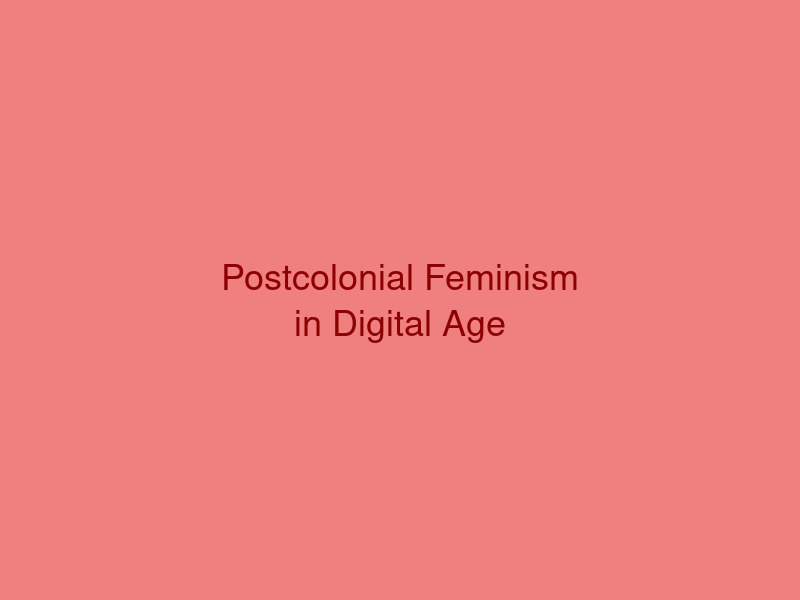Article Information
Authors: Amara Okafor, David Chen
Published: May 28, 2025
DOI: 10.xxxx/jghhss.2025.01.002
Journal: Journal of Global Humanities and Social Sciences
Volume: 3, Issue 2
Pages: 23-44
Abstract
This article examines how postcolonial feminist theory can be applied to understand power dynamics in contemporary social media platforms. Drawing on intersectional analysis and digital ethnography, we explore how women from formerly colonized nations navigate and resist digital colonialism in online spaces.
Our research reveals that social media platforms, while offering new opportunities for feminist activism and solidarity, also reproduce colonial power structures through algorithmic bias, content moderation policies, and platform ownership patterns. We analyze case studies from feminist movements in Nigeria, India, and Brazil to demonstrate how digital activism intersects with postcolonial resistance.
The study contributes to emerging scholarship on digital feminism and postcolonial digital studies, offering a framework for understanding how historical power imbalances manifest in contemporary digital environments.
Keywords
Postcolonial Feminism Digital Activism Social Media Intersectionality Digital ColonialismArticle Content

Figure 1: Social media activism patterns across three continents
Introduction
The digital revolution has fundamentally transformed feminist activism, creating new spaces for organizing, consciousness-raising, and resistance. However, the promise of digital liberation must be examined through a postcolonial lens that recognizes how historical power imbalances continue to shape online experiences.
Theoretical Framework
This study builds on the work of postcolonial feminists such as Chandra Mohanty and Gayatri Spivak, extending their analysis to digital contexts. We employ intersectionality as developed by Kimberlé Crenshaw to understand how race, gender, class, and nationality intersect in digital spaces.
Digital Colonialism and Platform Power
Our analysis reveals several mechanisms through which digital colonialism operates:
- Algorithmic Bias: Platform algorithms systematically suppress content from Global South feminists.
- Language Hierarchies: English-language content receives preferential treatment in platform visibility.
- Cultural Imperialism: Western feminist frameworks are privileged in content moderation decisions.
Case Studies in Digital Resistance
Despite these constraints, feminist activists have developed innovative strategies for resistance and solidarity-building across digital platforms. Our case studies demonstrate how local feminist movements adapt global digital tools to serve their specific contexts and needs.
Conclusion
While digital platforms offer unprecedented opportunities for feminist organizing, they also reproduce colonial power structures in new forms. Understanding these dynamics is crucial for developing more equitable digital futures and supporting feminist movements worldwide.
About the Authors

Dr. Amara Okafor
Professor of Digital Studies
University of Lagos, Nigeria

Dr. David Chen
Associate Professor of Media Studies
National University of Singapore